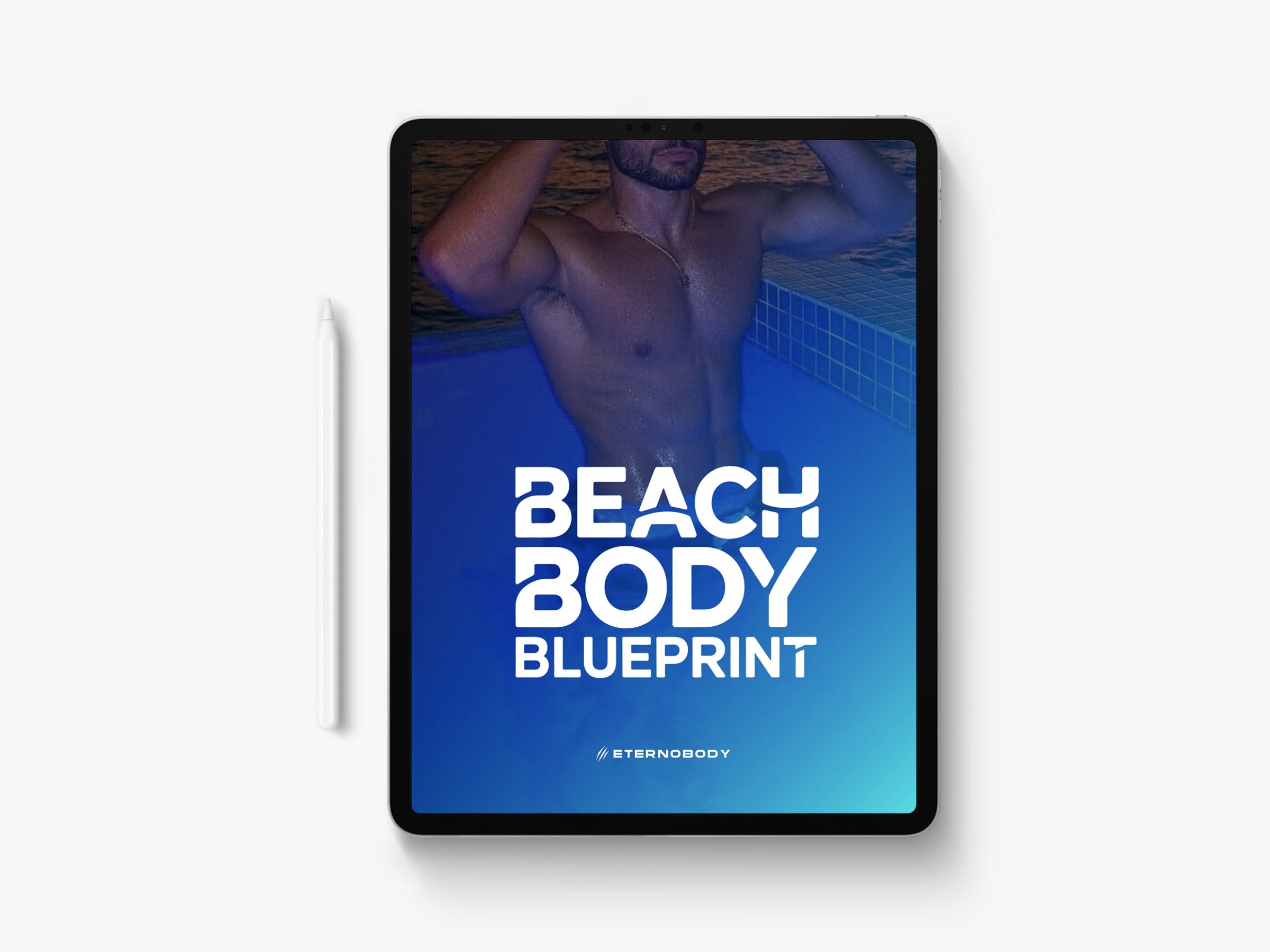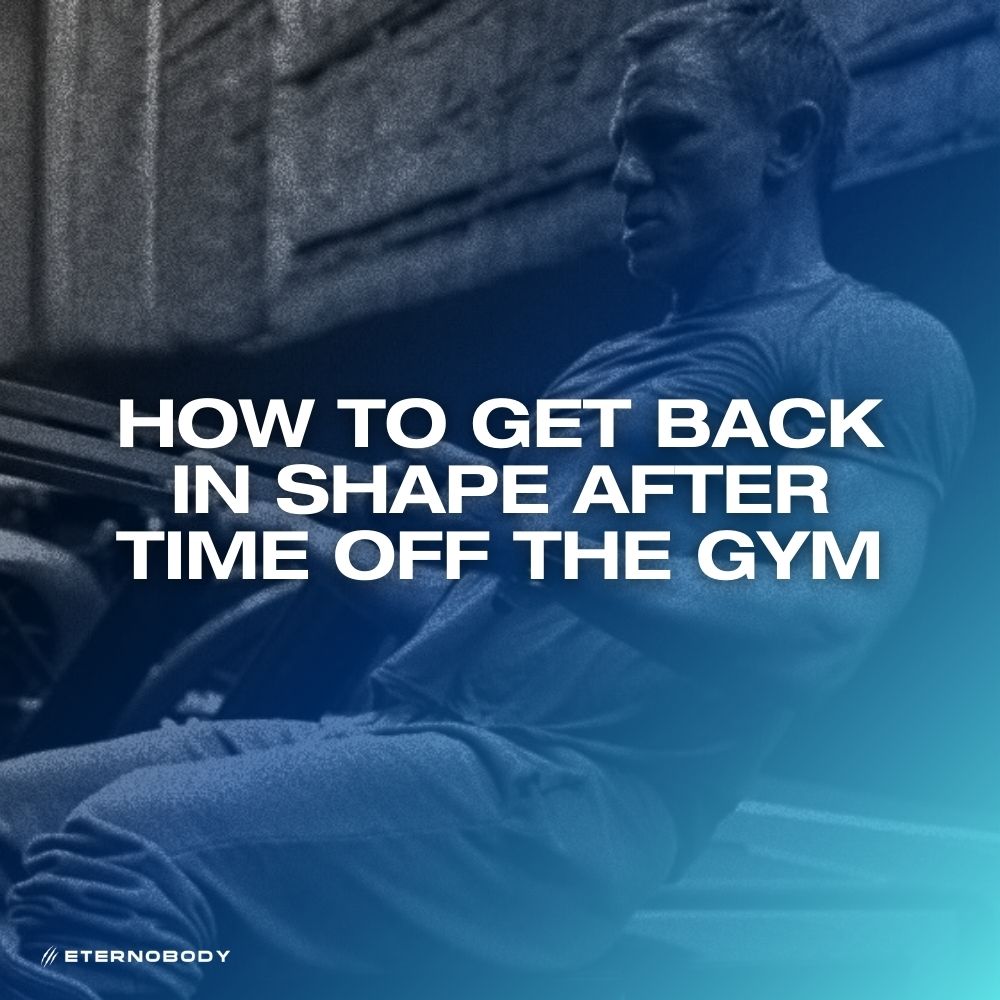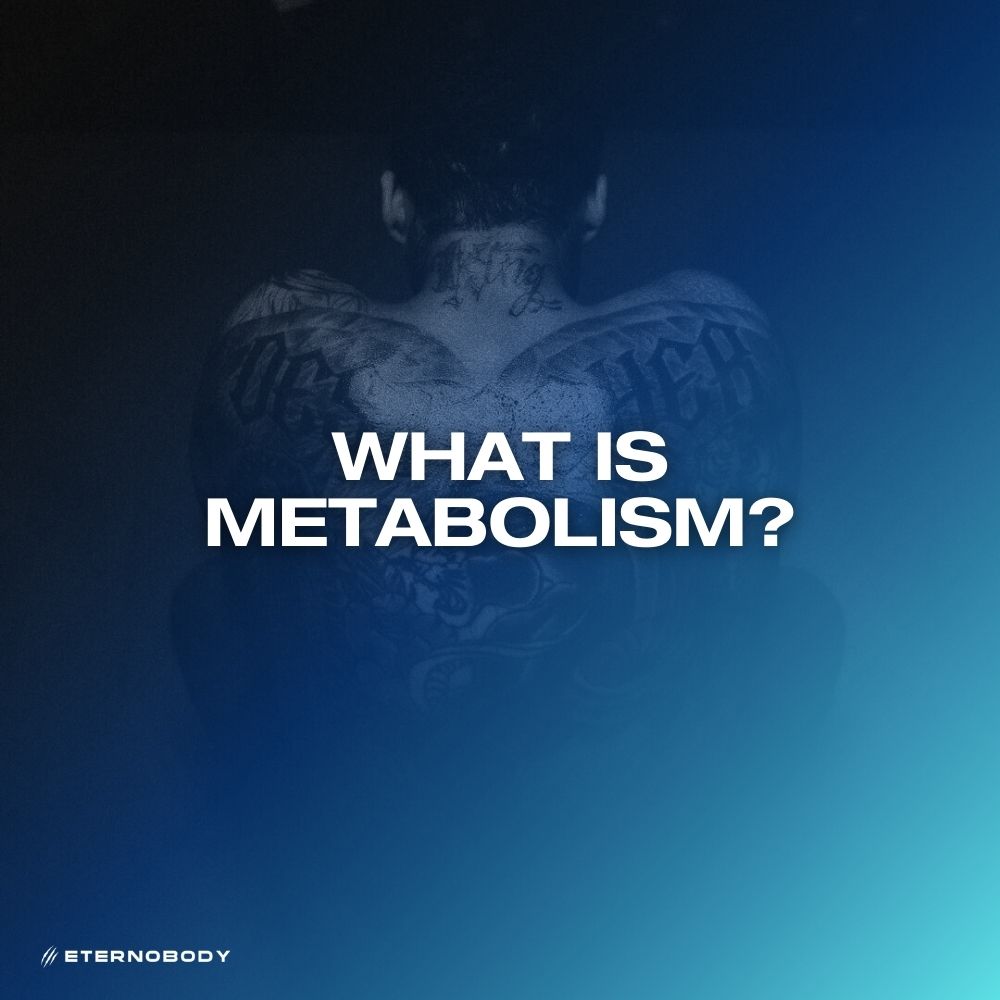
Testosterone is often seen as the hormone of strength and masculinity, but it goes way deeper than that.
Its biggest role is surprisingly simple: it makes effort feel good. When effort feels good, life improves in almost every way.
That’s why understanding testosterone matters, because it isn’t just about muscle or sex drive. It’s about motivation, energy, and enjoying the grind instead of dreading it.
THE REAL EFFECT OF TESTOSTERONE
The major effect of testosterone is linked to effort. It makes hard work feel rewarding. When you’re training, working, or pushing through a challenge, testosterone is the molecule that adds that sense of satisfaction. Without it, the same effort can feel heavy and draining.
Testosterone is closely tied to dopamine, the brain’s motivation chemical. Both connect through the pituitary system, and together they create that push to keep moving forward. In an ancient sense, they’re tied to survival. Effort, progress, and drive all link back to these molecules.
The opposite of testosterone isn’t estrogen. It’s prolactin. While testosterone pushes us to pursue and build, prolactin creates rest and stillness. This is why higher testosterone keeps you focused on action and effort, while prolactin pulls you toward relaxation.
WHERE TESTOSTERONE COMES FROM
Testosterone is made from cholesterol. That same cholesterol can also be turned into cortisol, the stress hormone. But it can’t do both at the same time. Stress and effort sit on opposite sides of this fork in the road.
If more cholesterol is funnelled into cortisol, testosterone levels drop. That’s why ongoing stress slowly chips away at testosterone. In contrast, enjoyment of effort preserves testosterone, and sometimes even raises it. The simple question is this: are you enjoying what you’re doing? If you are, your body tends to keep testosterone flowing.
TESTOSTERONE, SLEEP, AND BREATHING
Sleep is often called the natural testosterone booster. Studies have shown that poor sleep lowers both testosterone and oestrogen, reducing energy, fertility, and recovery. But it isn’t just about hours in bed.
The way you breathe during sleep matters. Mouth breathing and sleep apnoea reduce oxygen, raise cortisol, and in turn lower testosterone. Nose breathing at night keeps oxygen high and cortisol low, which helps testosterone stay where it should be.
Light also plays a role. Getting sunlight in your eyes within the first hour of waking helps regulate dopamine and sleep rhythms, which both support healthy testosterone. On the other side, avoiding bright light at night prevents dopamine crashes that would drag testosterone down with it.
TRAINING AND TESTOSTERONE
Heavy training directly increases testosterone. The sweet spot is lifting weights at about 70 to 95 percent of your maximum. Going to absolute failure isn’t needed and can even hurt recovery. Big lifts with challenging loads are the most effective.
Competition itself also boosts testosterone. When you put effort into beating a target, whether that’s another person or just your previous personal best, testosterone rises. That’s part of why training hard feels addictive when done right.
NUTRITION AND SUPPLEMENTS
Diet plays a big role in testosterone levels. Since it’s made from cholesterol, fats are important. Starving yourself of fats hurts hormone production. Key nutrients also make a difference:
- Vitamin D supports hormone function across the body.
- Zinc and magnesium help keep testosterone levels stable.
- Creatine appears to increase conversion to DHT, a more potent form of testosterone that shapes traits like beard growth and hair changes.
There are also herbal options studied for their testosterone effects:
- Tongkat Ali can raise free testosterone levels by 100 to 200 points.
- Fadogia agrestis, a Nigerian shrub, can mimic luteinising hormone, which tells the body to produce more testosterone. Some reports show increases of 300 to 400 points when used alongside Tongkat Ali.
These effects vary, and not everyone will see the same results. But the evidence suggests they can significantly impact testosterone production.
ENJOYING THE PROCESS
The most important point is that testosterone thrives when you enjoy effort. It isn’t just about chasing results or reaching an end goal. The process itself should feel rewarding. That’s where testosterone steps in. It makes the grind itself satisfying.
When effort feels good, you don’t need to force motivation. You’ll naturally want to push harder, train consistently, and keep improving. That is what testosterone really gives you.
REFERENCES
Morgentaler, A. and Traish, A.M. (2009). Shifting the paradigm of testosterone and prostate cancer: The saturation model and the limits of androgen-dependent growth. European Urology, 55(2), pp.310-321. doi:10.1016/j.eururo.2008.09.024.
Penev, P.D. (2007). Association between sleep and morning testosterone levels in older men. Sleep, 30(4), pp.427-432. doi:10.1093/sleep/30.4.427.
Cumming, D.C., Quigley, M.E. and Yen, S.S.C. (1983). Acute suppression of circulating testosterone levels by cortisol in men. Journal of Clinical Endocrinology & Metabolism, 57(3), pp.671-673. doi:10.1210/jcem-57-3-671.
Kraemer, W.J. and Ratamess, N.A. (2005). Hormonal responses and adaptations to resistance exercise and training. Sports Medicine, 35(4), pp.339-361. doi:10.2165/00007256-200535040-00004.
Ismail, S.B., Wan Mohammad, W.M.Z., George, A., Nik Hussain, N.H. and Mustaffa, M.Y. (2012). Randomized clinical trial on the use of Tongkat Ali (Eurycoma longifolia) root extract for the improvement of quality of life and sexual well-being in men. Evidence-Based Complementary and Alternative Medicine, 2012, pp.1-10. doi:10.1155/2012/429268.




